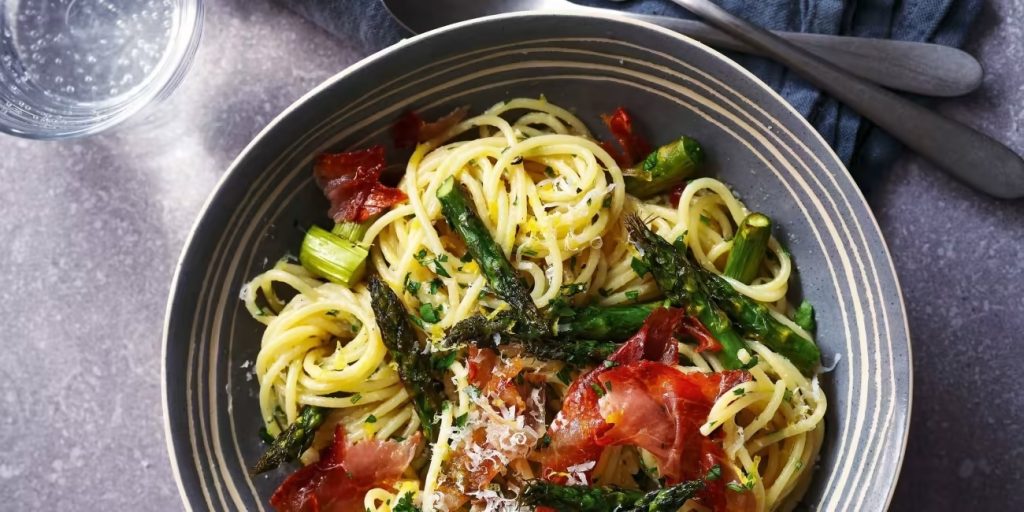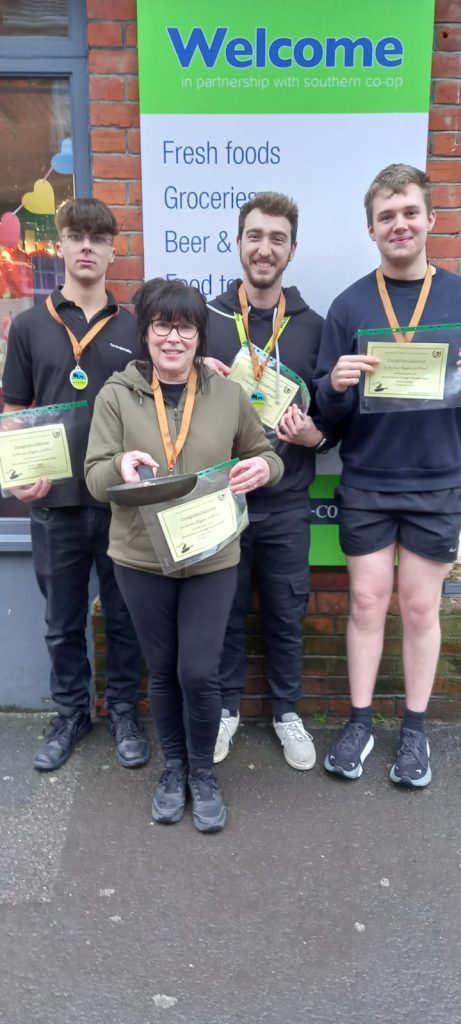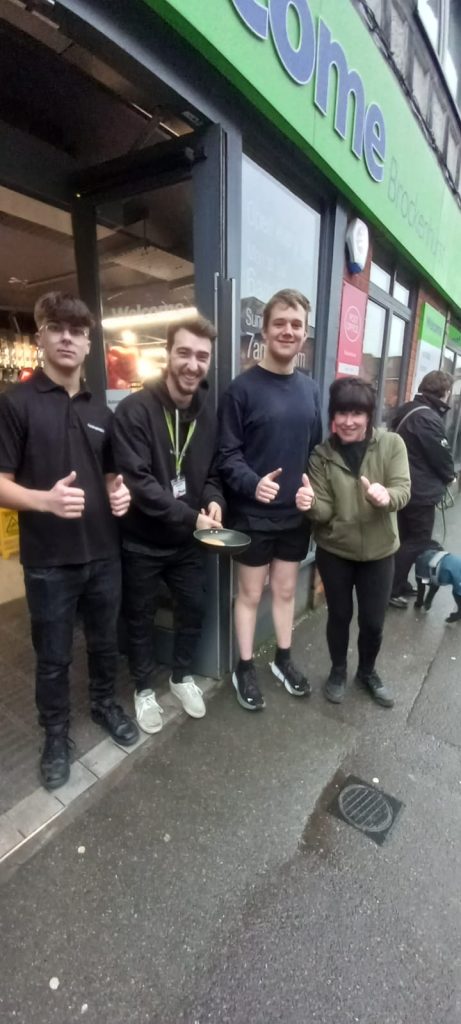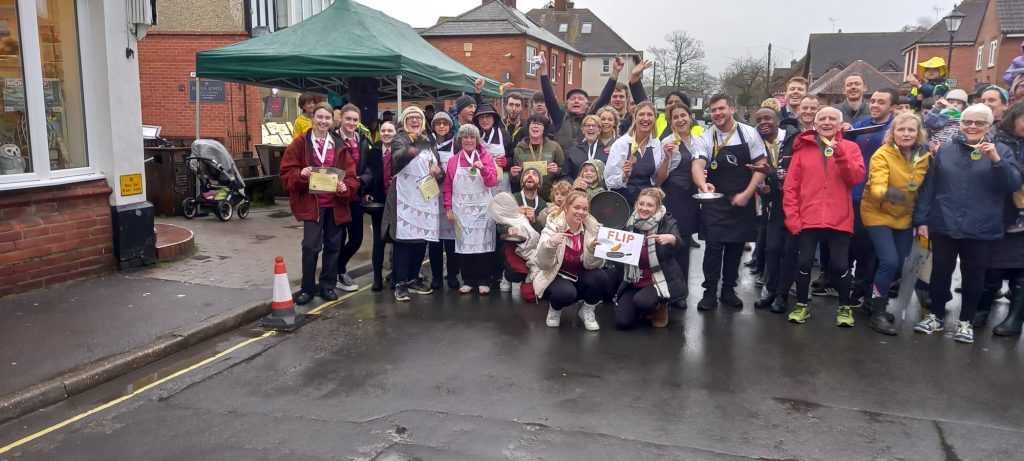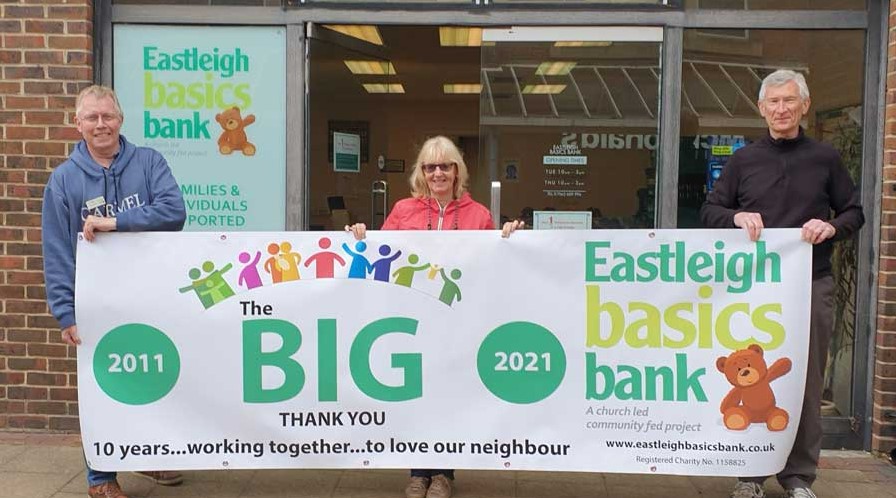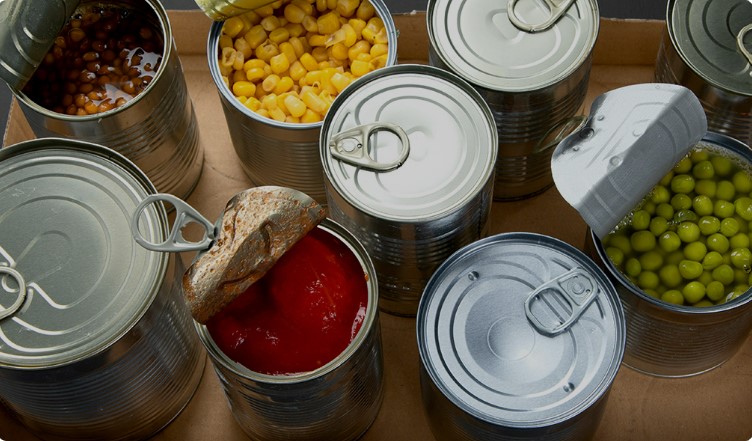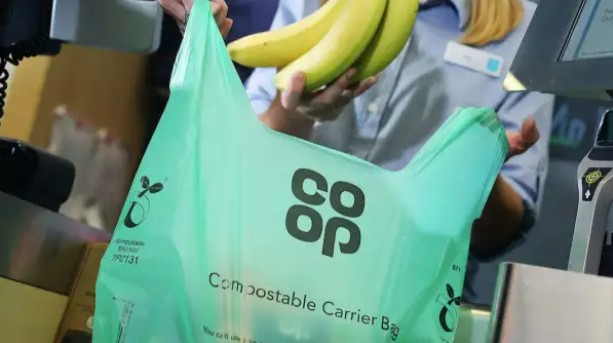It’s a well known fact that a Leap Year only comes around once every four years, but here are a few things you may not have known about February 29th.
Julius Caeser introduced the leap year
The former Roman dictator is believed to have been the first known person to introduce the leap year in 46 BCE – and who were we to disagree with him! Since calendar changes have taken place, some subsequent studies have shown Ceaser’s calculations were out slightly, and the leap year of February 29th, as we know it today, seems to have been set in the 1500s.
Without a leap year, we’d lose 24 days every 100 years
Yes it’s only one quarter of a day per year, but when you add it up it’s quite significant. Without the leap year, eventually, our seasons would change – and over a lifetime, it works out to be almost an additional month!
People born on a leap year are called Leaplings
More than 4 million people around the world are Leaplings and there is an international group called The Honor Society of Leap Year Babies which has over 10,000 members. Even though they can only celebrate an official birthday every 4 years, some leaplings chose to celebrate early on February 28th, with others opt for a day later on 1st March.
Olympics and Leap Years are always the same
The Summer Olympic Games are always held on a Leap Year – and the next ones are taking place this year!
And our final fun fact….
In a “normal” calendar year there are 525,600 minutes but on leap years, there are 527,040 minutes – giving us an extra 1,440 minutes in the year.
What will you do with your extra time?


